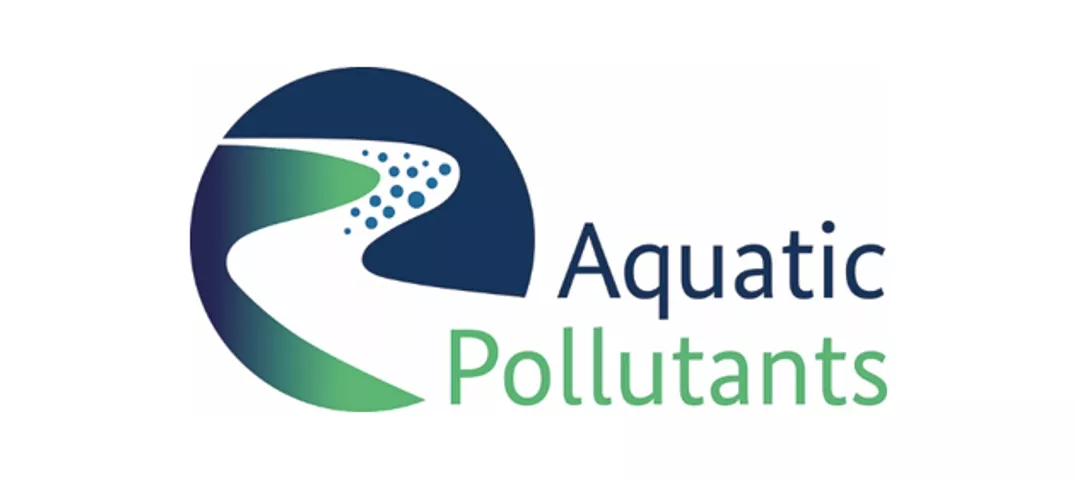The AquaticPollutants ERA-NET Cofund was a collaborative initiative among three Joint Programming Initiatives (JPIs): Water JPI (Water Challenges for a Changing World), JPI Oceans (Healthy and Productive Seas and Oceans), and JPIAMR (On Antimicrobial Resistance).
This initiative aimed to enhance research and innovation on the risks posed by pollutants and pathogens in water resources, addressing challenges at the intersection of freshwater, marine, and health sectors. By aligning the Strategic Research and Innovation Agendas (SRIA/SRA) of the three JPIs, the initiative worked towards strengthening the European Research Area (ERA) in the field of clean and healthy aquatic ecosystems.
With the participation of 32 ministries, authorities, and funding organizations from 26 countries, AquaticPollutants pooled resources to support transnational research projects through a joint call. It also reinforced international cooperation by including nine organizations from associated and third countries. Additional activities were implemented to foster alignment among the three JPIs, increasing their visibility at the European and global levels.
The initiative officially began in January 2020 and concluded in December 2024, making significant contributions to research collaboration, policy support, and knowledge exchange.
